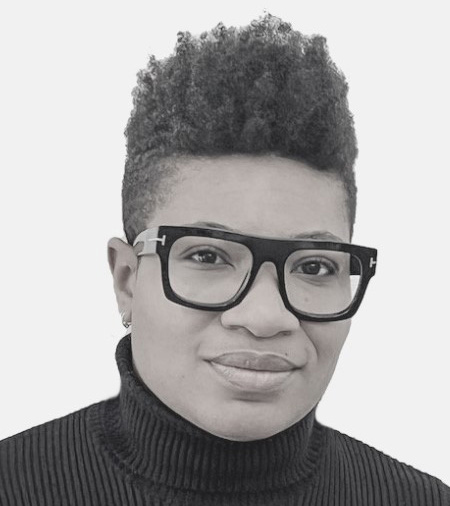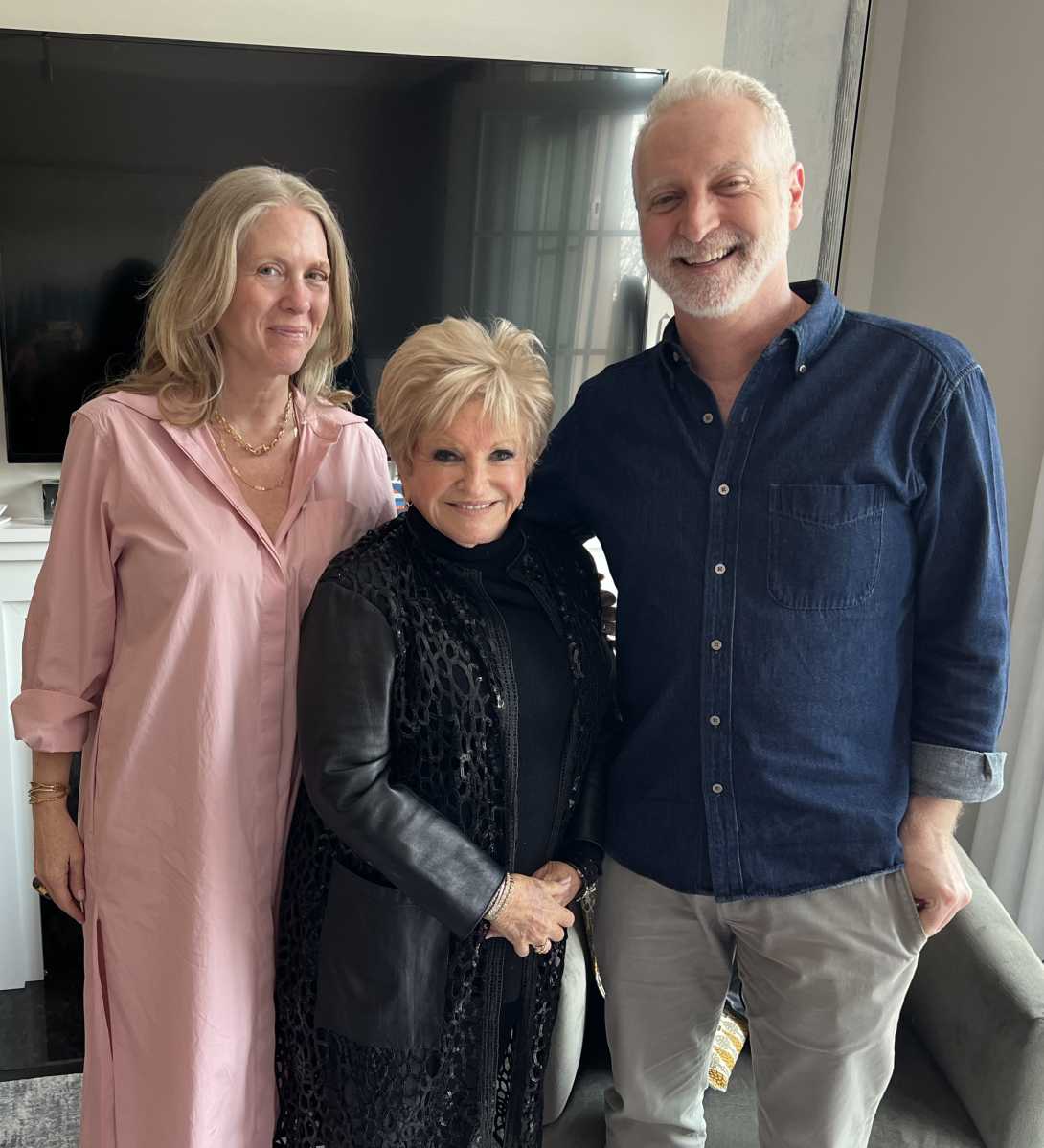Evolv CEO & Founder Eboné Bishop Talks Workplace Equity, Diversity & More

The phrase “company culture” may sound like a corporate buzzword, but it’s become an increasingly vital piece of an organization’s identity that affects employee retention and public perception.
As companies attempt to adapt, they’re making strides in diversifying staff and management and updating company policies to be more inclusive. In seeking help with these transitions, many organizations contact advisory firms such as New York-based Evolv, founded by 2022 Out East End Impact Award winner Eboné Bishop.
After working in corporate law for a number of years, in both America and Asia, Bishop has redirected her expertise to Evolv to help organizations implement positive change through improved communication, hiring practices, leadership and culture.
A Conversation with Eboné Bishop, Founder & CEO of Evolv
When did you recognize a need for an advisory firm like Evolv, and what inspired you to be the one to fill that need?
I realized the need about six years ago. I had returned to New York after working in Asia as an attorney at a moment when the U.S. was engulfed in the first iteration of Black Lives Matter and the Me Too movement. I had friends that would share their workplace experiences and clients that would inquire as to how they might think about matters of culture, engagement, inclusion and equity.
This intrigued me as I was looking to transition away from the traditional practice of law. I began to notice the needs and the gaps in this area and I started to seriously consider DEI as a viable path and that maybe I could help fill that need in an advisory capacity given my professional and life experiences.
How did your experience as a queer woman attorney of color prepare you to serve as the founder and CEO of Evolv?
I think there are two things. Professionally, I’m very comfortable engaging with various types of clients on a range of matters, including those related to ESG (Environmental, Social and Governance) and the complexities of the internal functions of different types of organizations.
Personally, I know what it’s like to be the only one or one of very few based on any one of my identities that you listed or the intersections of those identities in professional spaces. I’ve experienced being underestimated, undervalued and underpaid.
I’ve also experienced being passed over for promotions and excluded from important opportunities for professional mentorship. I’ve traded stories and compared notes with friends having similar identities and the commonalities were astounding. So, I leverage all of this information in assessing the strength of an organization’s organizational culture and identifying root causes of the challenges they face.
How does a Diversity, Equity, Accessibility and Inclusion plan benefit both employers and employees?
Evolv takes a holistic approach, where our culture change work is rooted in principles of DEAI, with a focus on effecting structural change. The question that I always ask companies with which I work is: who do you want to be in the world, both with respect to your staff and with respect to your audiences, clients and customers? How is that reflected in your values, behaviors and practices?
Employees increasingly want the places from which they receive their paycheck to align with their values and to treat them accordingly. Many companies have become more active and dedicated to strengthening their organizational culture, particularly with respect to DEAI. Of course, companies are aware of and concerned with their public image, which also informs their approach.
Doing the ongoing work of culture change allows employees to show up fully and at their best because they feel more valued, which means that companies get the best work out of their teams, which in turn means that the company is able to provide the best services, products and/or programs to their audiences and customers.
When assessing a company, how does Evolv determine the extent to which staff of all backgrounds are being treated equitably?
Pay equity is a big one. Conducting salary audits across an organization can provide important information. Hiring and recruitment practices are also important to examine — specifically, the preferred educational and professional backgrounds and outreach programs of a company can reveal the types of candidates a company desires and where it may miss the mark in considering a broader range of talent.
A company’s approach to professional development can also impact overall organizational culture and employee satisfaction.
Have you noticed any tangible changes within the companies you’ve assessed since the summer of 2020, which sparked a reckoning on race in America following the murder of George Floyd?
I don’t think we’re in a place where we can measure lasting change yet. We’ve seen employees agitating and saying, “Hey, we want our companies and organizations to respond to the ongoing events in society.”
They also wanted their companies to look inward and examine their shortcomings. We’ve also seen many organizations responding, without or in addition to agitation by staff and external stakeholders. We’re now in a moment when internal audits have been conducted, plans for change have been made and implementation has commenced.
Change is measured over time and progress can be tracked in intervals: 6–12 months for “low hanging fruit” and 18–36 months and beyond for deep, structural change. So, we’re still very early on.
What are some ways you support the LGBTQ community?
I serve on the board of the Astraea Lesbian Foundation for Justice, a public foundation that supports organizations in their work to strengthen the rights and protections of LGBTQIA+ people and communities across the globe.
For me, it’s very important to give back in accordance with my time, talents and interests. I also support local organizations such as Callen-Lorde, which serves the healthcare needs of the LGBTQIA+ communities in NYC, and where I received most of my healthcare in my 20s.
Care to share any closing thoughts?
The work of strengthening organizational culture is slow, sometimes protracted, and must be done across all functions and departments of a company, not just in HR. It’s extremely important to create and implement a plan that is specific to the unique character and needs of your organization. Lastly, leadership, at all levels, cannot simply support this work. They must be engaged in the work and lead these initiatives both in tone and behavior.
To learn more about Evolv, visit evolvculture.com.



